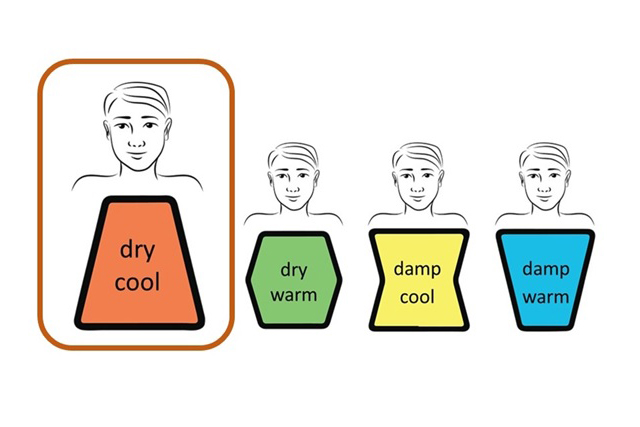
A Patient With depression, low back pain, and shoulder surgery
By David Lee, L.Ac.
Holistic and supportive, natural medicine diverges from the conventional disease-focused approach, prioritizing the individual’s well-being. It effectively addresses even stubborn diseases by treating multiple conditions simultaneously, addressing both external and internal ailments. This comprehensive approach enhances the body’s efficiency in maintenance and improvement, resulting in automatic disease management.
Consider the case of Vincent, a 72-year-old patient who sought treatment at my clinic due to progressively worsening low back pain over the past two years. While acupuncture stands out as a potential solution, it is often considered a last resort. Vincent’s quality of life had been significantly impacted despite trying medications and therapies. Diagnostic findings revealed a moderate disc bulge, annular fissure, and facet arthropathy from lumbar 3 to sacrum 1, accompanied by severe foraminal narrowing from lumbar 5 to sacrum 1. The constant underlying pain persisted at a level of 4-5 out of 10.
The challenge with acupuncture lies in the lack of substantial scientific evidence, leaving both professionals and the public uncertain about its efficacy. Presently, the most reliable source of referral is personal experiences shared by friends who have benefited from acupuncture.
Desperate for relief, Vincent turned to acupuncture as a last resort. Utilizing Yang Horary points in the Metal-Order of LI1, UB66, GB41, SI5, and ST36 on his right side, there was an immediate and pleasantly surprising reduction in his lumbar pain.
Throughout six acupuncture sessions, Vincent experienced a remarkable 70% improvement in his lumbar pain. The intensity, frequency, and duration of his pain diminished significantly, providing him with quick, dramatic, and sustained relief, even in the presence of structural issues in the spine.
Further enhancement came with the incorporation of Earth points LI11 and GB34. Encouraged by his progress, Vincent inquired about the possibility of treating chronic depression. In response, I inquired about his overall well-being since starting the acupuncture treatment. He noted improvement in daily withdrawal symptoms but mentioned experiencing intense episodes after discontinuing an anti-depressant, Benzodiazepine, four months prior. Considering his newfound belief in acupuncture, he willingly embraced herbal medicine as an additional therapeutic approach.
For three weeks, he diligently adhered to the Xiang Fu Ba Wu Tang regimen (consisting of Xiang Fu, Bai Shao, Bai Zhu, Bai He Shou Wu, Chuan Xiong, Chen Pi, Gan Cao, Sheng Jiang, Da Zao), which promptly alleviated his mental discomfort. Remarkably, his mental well-being surpassed that achieved with psychotic medication.
In the realm of Asian medicine, the diagnosis didn’t pinpoint arthritis or a chemical imbalance in the brain. Rather, East Asian medicine focuses on fortifying the body for self-healing, making his constitution the crux of the diagnosis. Termed Soeumin in Sasang Four Constitutional Medicine, this corresponds to Lesser Yin and Greater Yin combination, Kapha in Ayurveda, Affiliation in Need Theory, Conscientious in Social Styles, and Melancholic in Unani. Noteworthy was the observation of moderate varicose veins, indicating a Lesser Yin constitution.
The outcomes were transformative — low back pain and withdrawal symptoms were reduced by a staggering 95%. Subsequently, a major right shoulder reconstructive surgery became more manageable, given the enhanced physiological state attained during the seven months of treatment. Complete recovery within three months was achieved, even with acupuncture sessions limited to once a week.
Post-surgery, the herbal medicine regimen shifted to Bu Zhong Yi Qi Tang, Sheng Yang Yi Qi Tang, and Shi Quan Da Bu Tang, tailored for both recovery and long-term health. Despite the presence of moderate arthritis and chemical imbalances, the combined effects of acupuncture and herbal medicine not only alleviated symptoms but also stabilized the improved state.
Maintaining a biweekly acupuncture schedule and a maintenance dosage of herbal medicine, he experienced consistent health in both mind and body. Immediate mental rejuvenation post-acupuncture sessions became a regular occurrence.
In the quest for effective solutions, he discovered a medicine that not only addressed his health concerns but also enhanced the overall quality of his mind and body, proving to be a transformative and holistic remedy.
































